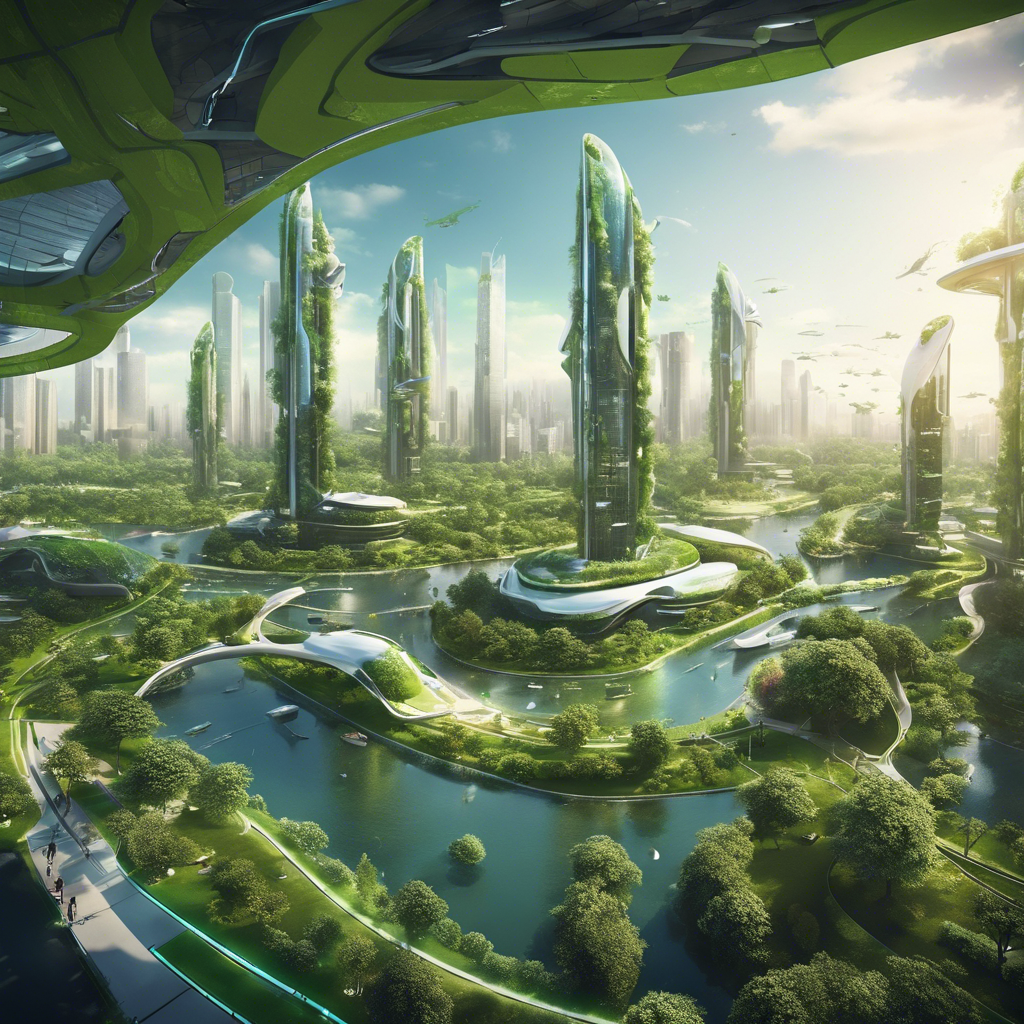
The evolution of technology has historically expanded human capabilities without changing fundamental aspects of human intelligence. However, artificial intelligence (AI) represents a transformative shift—it enhances and multiplies intellectual capacities akin to how steam engines amplified physical power. While AI offers potential for significant societal advancements and unprecedented abundance, the journey toward these benefits may present challenges such as displacement and economic disruption, needing effective policies to mitigate them. The future with AI holds vast possibilities but also raises concerns about job loss, economic inequality, and potential misuse. Critics envision dystopian outcomes, fearing AI's impact on human agency and economic structures. However, these outcomes are not predetermined and can be managed through informed policy-making. AI's growth could lead to job replacement and a shift toward universal basic income (UBI) or income redistribution to address economic shifts. With an aging global population, AI's role becomes essential in maintaining productivity and potentially reducing workweeks. There's concern AI could perpetuate surveillance and misinformation. Yet, regulation and democratic choices can shape its integration, potentially diminishing crime by alleviating economic desperation. Rather than a monolithic AI entity controlling society, multiple AI systems could operate across sectors, reducing the risk of centralized power. AI could democratize expertise, providing near-free access to high-quality education, healthcare, and professional services for all.
It promises improvements in healthcare through personalized medicine and early detection, alongside educational advancements with AI tutors offering tailored learning experiences globally. AI could further address climate issues by optimizing energy use and aiding in sustainability efforts. An AI-driven utopia envisions a world where traditional economic pressures are alleviated, creativity flourishes, and basic needs are easily met. AI could transform labor markets, drastically reducing costs and making previously expensive services more accessible. While AI raises concerns about wage compression and societal inequality, it also presents opportunities for a more equitable distribution of resources and wealth. Changes driven by AI will require societal adaptation and policies focused on equity and well-being. Capitalism may evolve to emphasize humane and equitable practices. Economic measures must adapt, as traditional metrics like GDP may not fully capture prosperity in a deflation-driven, AI-enhanced economy. Overall, while challenges persist, AI has the potential to redefine human experience, emphasizing passions and relationships over economic productivity. The path forward hinges on collective decision-making to harness AI responsibly, ensuring benefits are shared widely. This techno-optimistic vision requires rethinking human identity to focus on creative and meaningful contributions to society.
The Transformative Power of AI: Balancing Opportunities and Challenges


AI has emerged as a major force in global markets, with companies connected to AI now accounting for roughly 44% of the S&P 500’s market capitalisation.
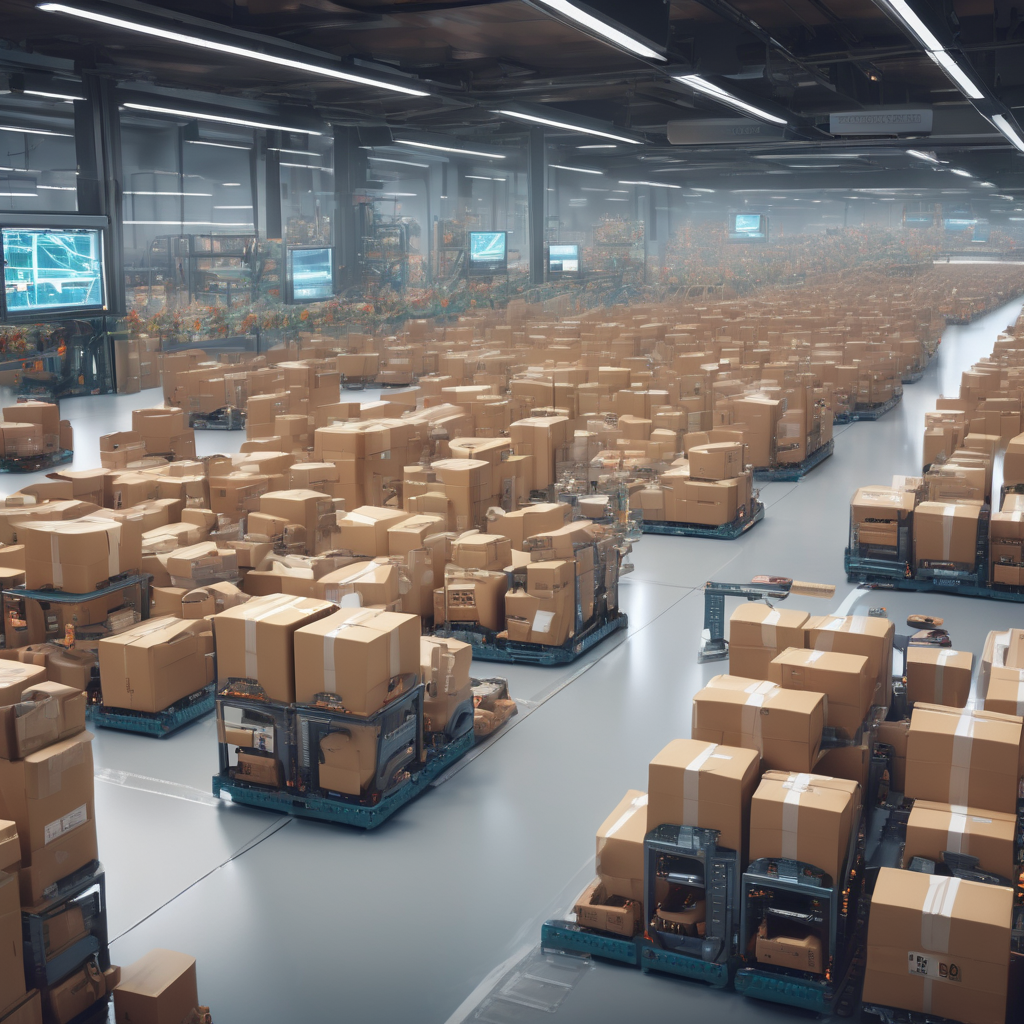
The holiday shopping season is on the verge of a major technological shift, largely propelled by advances in artificial intelligence (AI) and agent-led shopping experiences.

Tech Savy Crew's AI-driven SEO strategies have empowered over 100 global businesses to rank prominently on Google and AI search platforms like ChatGPT, Gemini, and Perplexity, significantly boosting growth and visibility.
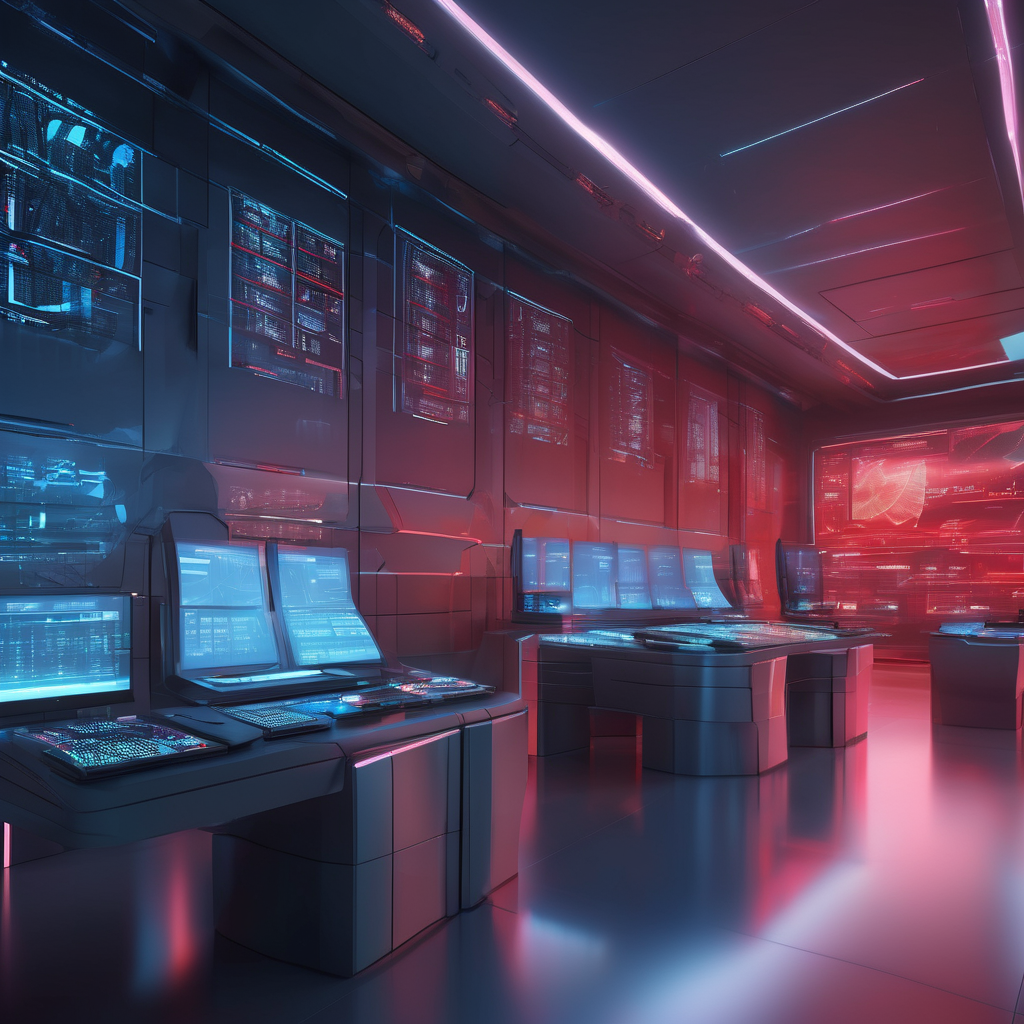
Manus is an innovative autonomous artificial intelligence agent developed by Butterfly Effect Pte.
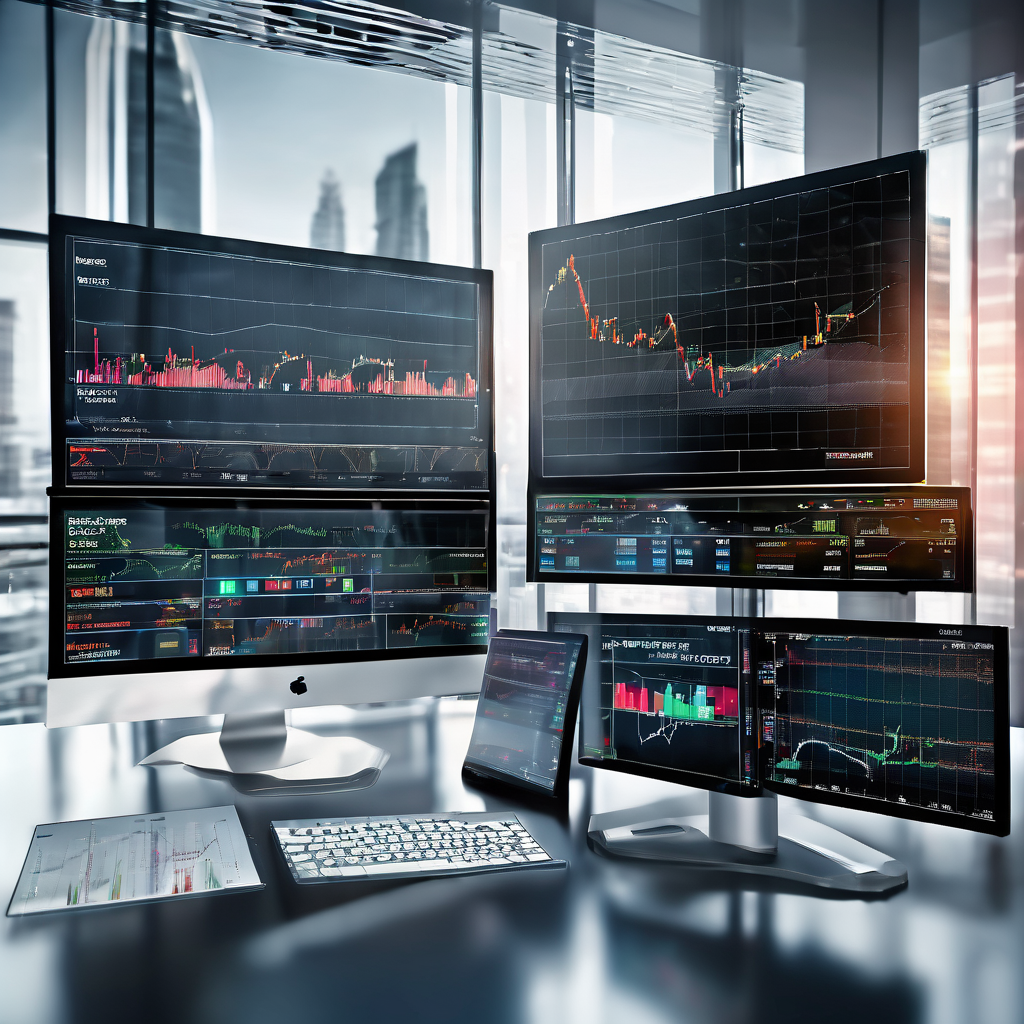
SoundHound AI's (SOUN) stock price has more than tripled in the past year, fueled by accelerating revenue growth, aggressive expansion plans, and a surge in AI stock investments.
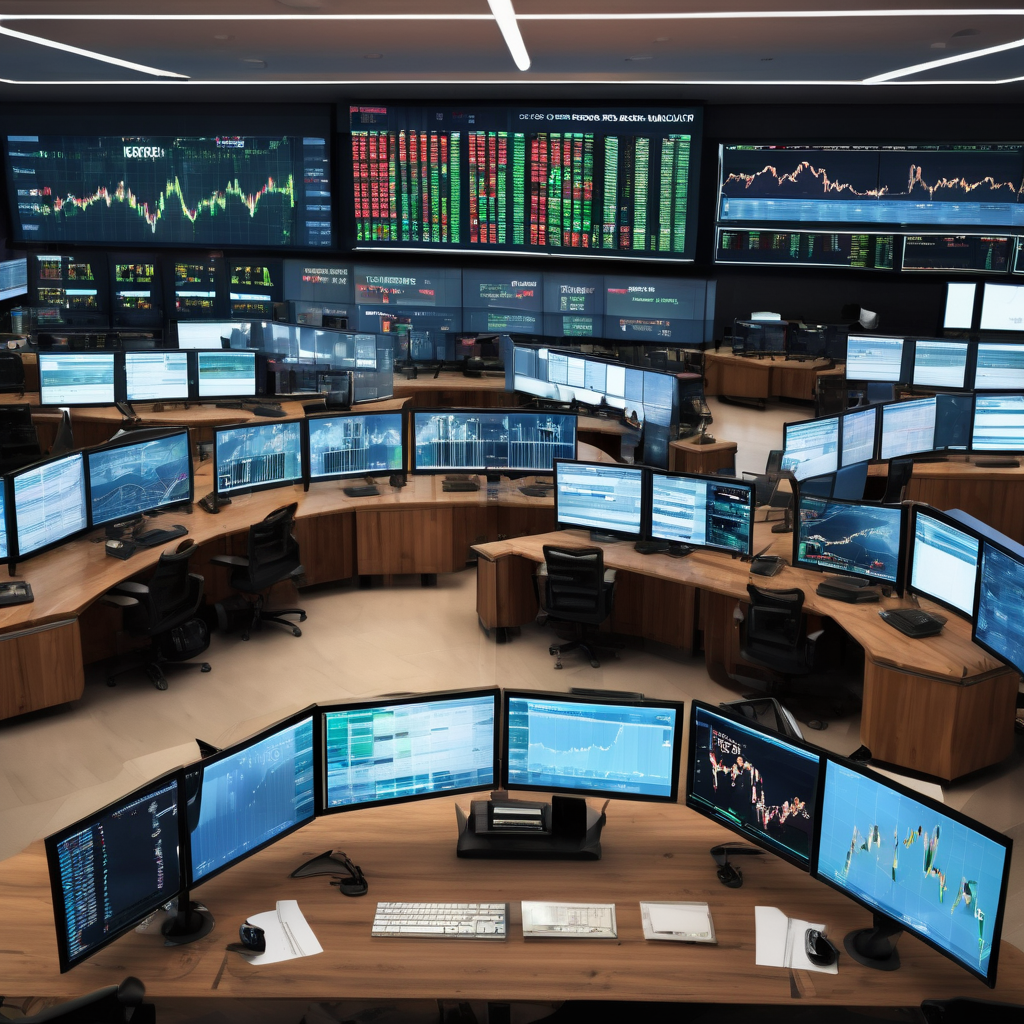
BigBear.ai (BBAI +3.98%) is one of the many artificial intelligence (AI) stocks that have surged in 2025, with its shares rising approximately 300% over the past 12 months through October 22.
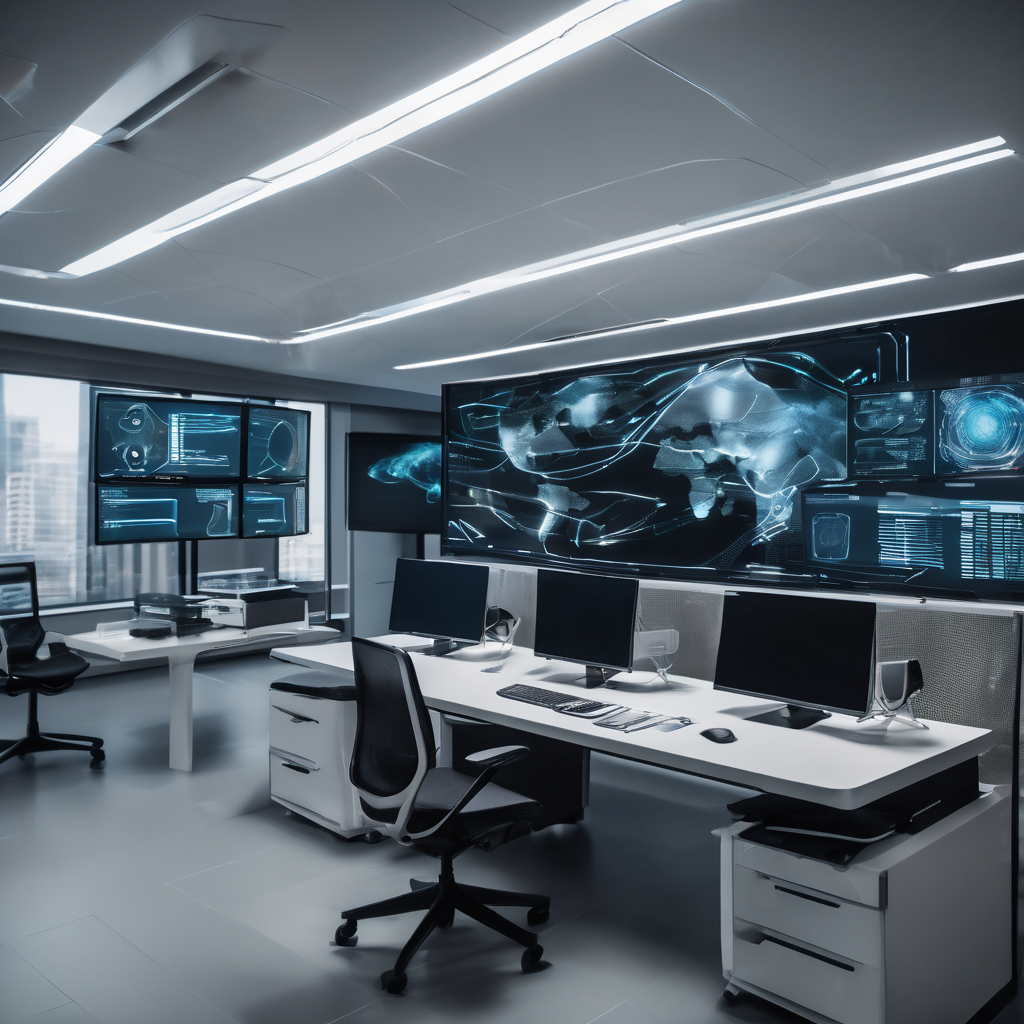
YouTube is taking major steps to combat the growing threat of illicit deepfakes by launching a new detection tool designed to help creators protect their digital identities.
Launch your AI-powered team to automate Marketing, Sales & Growth

and get clients on autopilot — from social media and search engines. No ads needed
Begin getting your first leads today